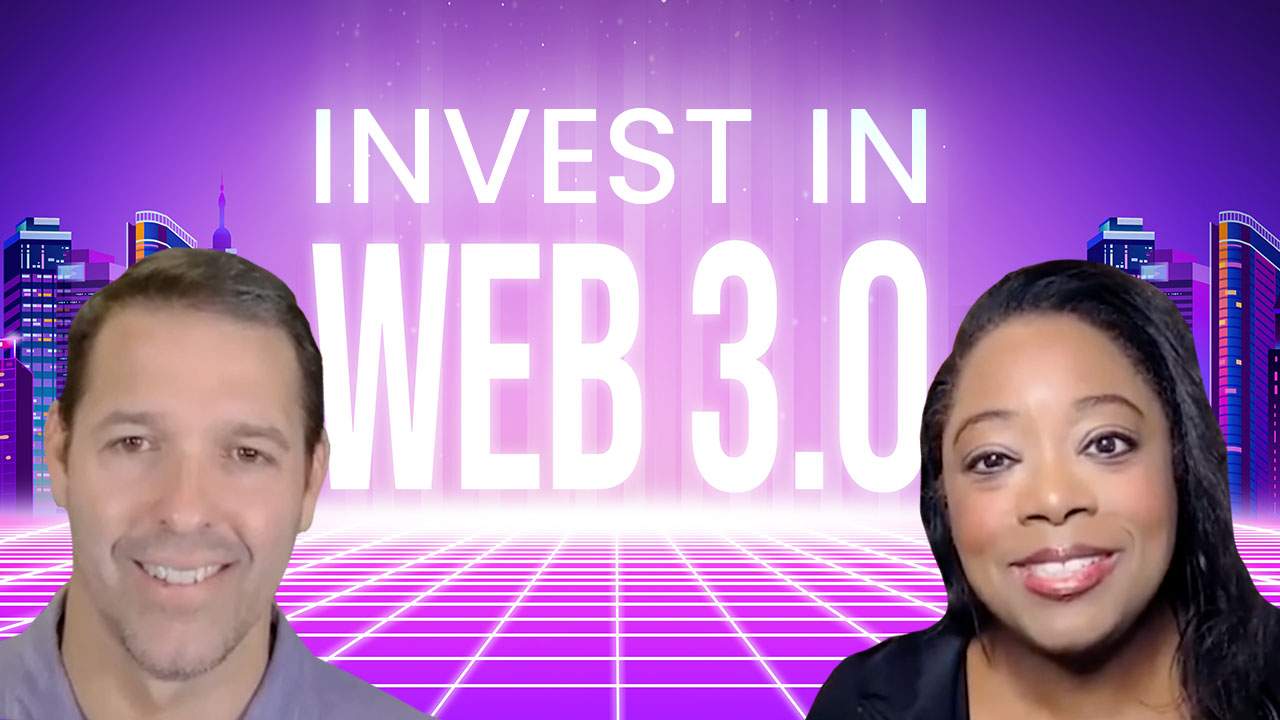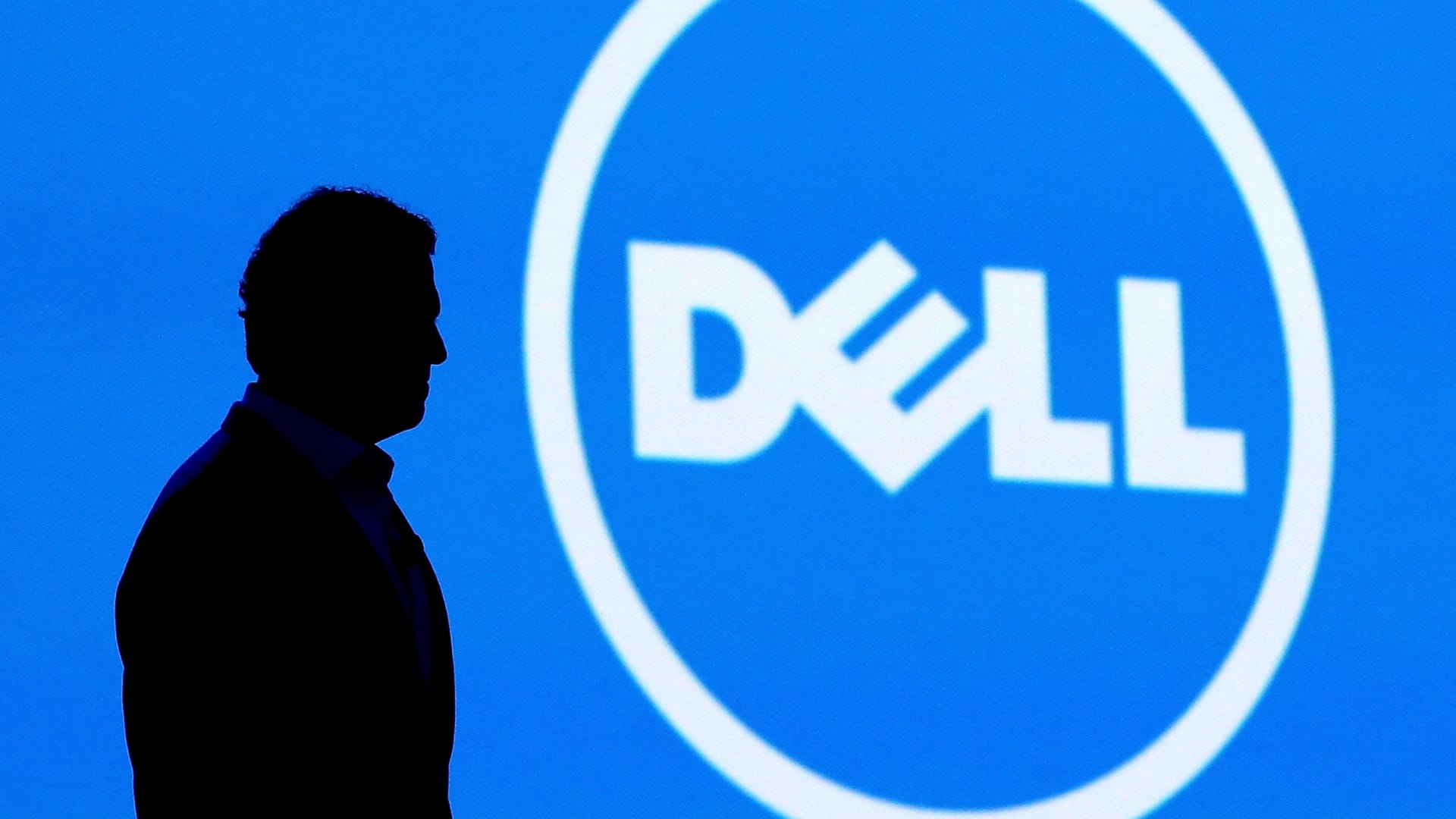Monday, Sept. 11, 2023 | 2 a.m.
Donald Trump is increasing his already overwhelming lead for the Republican nomination and is tied with President Joe Biden in a hypothetical general election face-off, according to recent polling.
This is astonishing given Trump’s quagmire of legal trouble, but it is the logical result of a candidate running without forceful, widespread opposition and condemnation. His opponents, for varying reasons, have taken the strategic position of ignoring his predicament, fingers and toes crossed that he will succumb to self-injury.
This reluctance to take on Trump has allowed him and his surrogates to develop a narrative of victimhood and justified vengeance while allowing the image of timidity and weakness to harden around his opponents like plaster.
And with this failure to engage, this campaign of cowardice, Republican voters, already primed by Trump to disbelieve facts and believe conspiracy theories, are robbed of any debate that could help modulate their views.
Those voters exist in a void of veracity, and Trump fills it with his version of truth: anti-truth.
But not only are most of Trump’s Republican rivals avoiding attacking him over his various indictments, so is his Democratic one.
Biden refuses to comment on them. He and his campaign have chosen to keep their distance from the chaos and not feed into Trump’s false assertion that his legal woes originate from political animus.
This idea of a dignified silence has a long political history, but its utility and efficacy is unclear in a modern context. It feels a bit like a “Happy Days” nostalgia in a “Walking Dead” reality.
And yet the Biden campaign plows ahead with it. Just last week, Biden campaign co-chair Cedric Richmond reiterated the strategy: “We’re not going to focus on Donald Trump’s legal problems.”
But Trump’s legal problems aren’t about parking tickets or child support payments; they’re about an ongoing assault on our democracy, and it is hard to square having the candidate who is campaigning on protecting our democracy not address the great threat to that democracy.
And that threat isn’t simply about what has happened, but what could yet happen.
In July, The New York Times reported that Trump and his allies plan on “reshaping the structure of the executive branch to concentrate far greater authority directly in his hands” if he regains the White House. Last week, The Associated Press reported that conservative groups, led by the Heritage Foundation, are drawing up plans to “dismantle the U.S. government and replace it with Trump’s vision,” should Trump be reelected.
Still, Biden adheres to a dignified silence approach, clinging almost religiously to the notion that voters will recognize and appreciate the difference between a restorer and a destroyer.
That may well be the case. The continuity of the republic as we know it may hang on it. But it’s perfectly reasonable to question the wisdom of that approach and to be apprehensive about it.
On the campaign trail in 2019, Biden said he had counseled Hillary Clinton to “not get into” the topic of Trump’s infamous “Access Hollywood” tape during their second general election debate, “because it just drags it down.” As Biden put it, “Everybody knows who Donald Trump is.”
On the debate stage, Clinton took the soft-pedal Biden approach. When asked about that video, Clinton gave a somewhat meandering answer, ultimately landing on the refrain that “everyone can draw their own conclusions at this point about whether or not the man in the video or the man on the stage respects women.”
But Trump went on the attack. WikiLeaks had begun leaking John Podesta’s emails, and Trump made the emails a central argument.
And as Rolling Stone put it in 2018, “The ‘Access Hollywood’ tape dominated headlines for roughly a week; WikiLeaks, on the other hand, was an unrelenting drumbeat of rumors and wild allegations that left conservatives in a perpetual state of fury.”
Clinton, of course, would lose that election.
The asymmetry in the way Trump and his opponents engage with each other gives Trump a big advantage. He unleashes his barbs nonstop, and erratically, until one of them hits. His opponents keep refusing to respond in kind, maintaining respectable restraint, while racking up political wounds.
During a Labor Day speech, one that some saw as the president beginning to ratchet up his attack on Trump, Biden didn’t even mention his predecessor’s name, instead repeatedly referring to him as “the last guy.”
Most of Trump’s opponents, both Republican and Democratic, are placing a risky bet, one that completely depends on the discernment of the American voter. That may, in the end, prove to be a brilliant tactical assessment, but I worry that it’s just as likely to be a tragic miscalculation.
Charles Blow is a columnist for The New York Times. This column originally appeared here.















